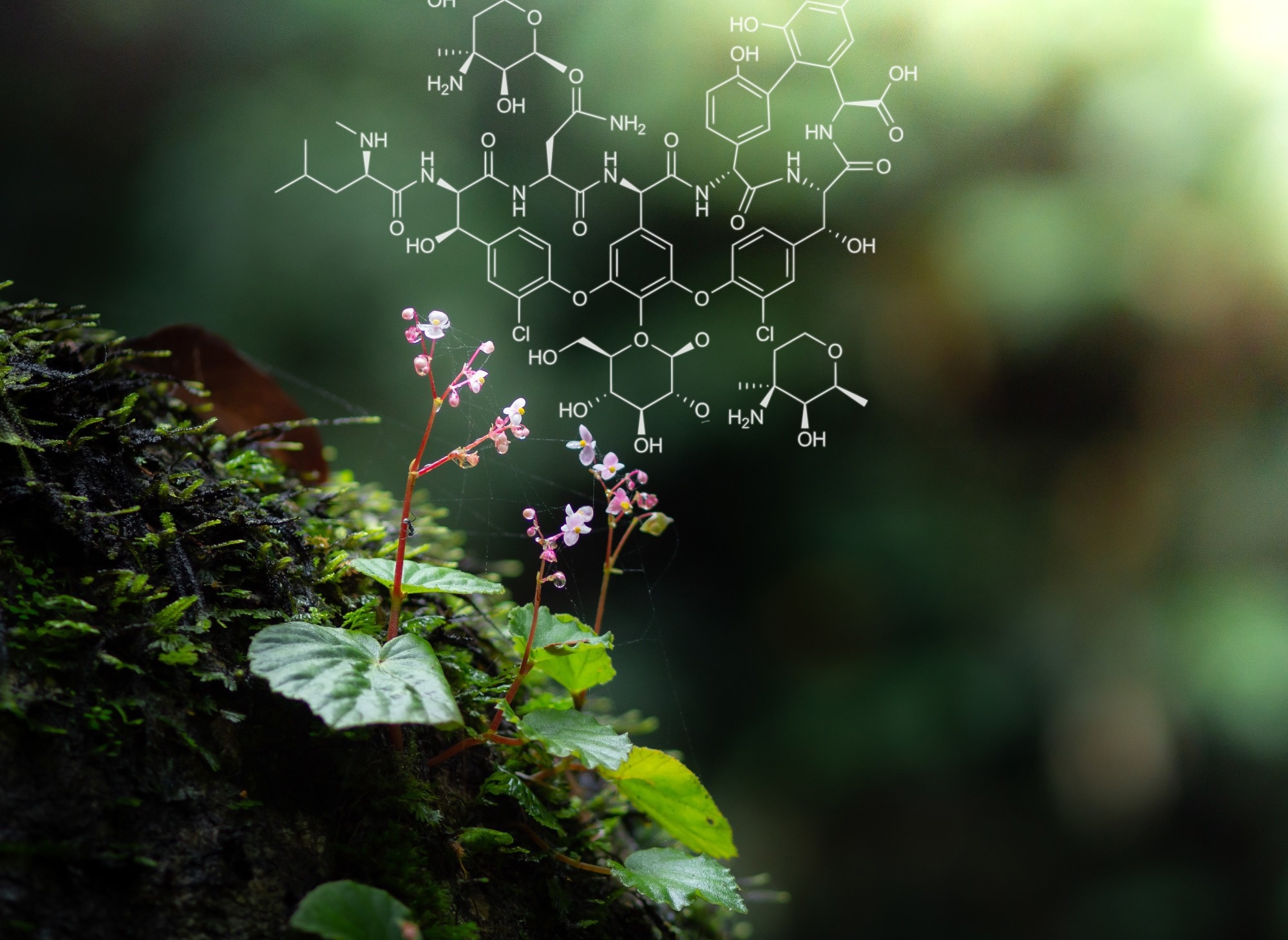In a paper published in the journal Trends in Plant Science, researchers explored the transformative potential of metaverse technology in plant science using advanced technologies, collectively referred to as extended reality (XR), which encompasses augmented reality (AR), virtual reality (VR), and mixed reality (MR). The plant science metaverse engages humans as digital avatars, blurring the boundaries between physical and digital realms. This study delves into the implications and applications of this innovative approach, shedding light on how XR technologies reshape engagement and interactions in plant science.
 Study: Exploring the Metaverse: Transforming Plant Science through XR Technologies. Image credit: Marchu Studio/Shutterstock
Study: Exploring the Metaverse: Transforming Plant Science through XR Technologies. Image credit: Marchu Studio/Shutterstock
Metaverse Technology in Plant Science
Metaverse technology holds significant promise in plant science and scientific analysis. This approach benefits the field and provides a transformative learning environment for the scientists of tomorrow. It offers a platform for developing critical thinking skills and encourages open, discursive exchanges that challenge conventional groupthink. Through experiential learning in the cyberverse, young scientists can explore and experiment, fostering a culture of learning from mistakes in a safe digital space. Furthermore, gamified simulations within cyberspace accelerate learning, enhancing educational outcomes and engagement.
The metaverse's capabilities extend to the visualization and synthesis of omic data, such as phenomic and proteomic data, offering new avenues for artificial intelligence (AI) research. Additionally, the concept of digital twins, facilitated by virtual world technology, streamlines interdisciplinary collaboration, enabling various disciplines and stakeholders to participate seamlessly in survey and innovation.
Several studies and initiatives have contributed to understanding digital realm technology's potential in scientific and educational contexts. Prior research has highlighted the advantages of immersive and experiential learning in virtual environments. Various fields have used gamified simulations to enhance learning outcomes and engagement. The scientific community has explored the integration of omic data and its application to AI research. Moreover, the concept of digital twins has gained attention in interdisciplinary research and innovation, promoting collaboration and knowledge exchange. These existing works provide a foundation for exploring cyber environment technology's role in plant science and its broader implications for scientific experimentation and education.
Advantages of Metaverse Technology
Metaverse technology offers a revolutionary approach to transformative and experiential learning in plant science. It introduces a personalized learning environment, fostering critical thinking and innovative problem-solving. This technology promotes creative dynamism by engaging diverse communities within inclusive virtual spaces. Real-time shared VR and MR environments enhance global accessibility to scientific laboratories and research networks. These immersive spaces provide a safe, cost-effective, and environmentally sustainable solution, effectively addressing spatial and temporal challenges.
Furthermore, XR technologies within VR boost disruptive research, offering new opportunities for experimental design, accelerating creativity, and facilitating groundbreaking discoveries. This innovative technology drives progress in plant synthetic data and promotes interdisciplinary research through digital twin models.
The metaverse technology maximizes its impact on plant science by focusing on human-centered design and fostering purpose-driven co-innovation partnerships.
Overcoming Hurdles in Metaverse Integration
Metaverse Literacy and Education: One of the primary challenges in metaverse adoption is assisting students and young researchers in acquiring online multiverse literacy skills. Bridging this knowledge gap requires concerted efforts to develop educational programs that equip the next generation with the competencies to navigate the cyber world effectively.
Equity and Resource Disparities: Resource disparities between well-funded groups and under-resourced communities present a significant hurdle, leading to inequitable adoption of metaverse science innovations. Ensuring that AR technology benefits all segments of society demands innovative strategies to bridge these disparities.
Funding Mechanisms and Technical Standards: Establishing funding mechanisms that support independence in online multiverse investigation settings remains a formidable challenge. To promote findings and innovation, financial structures that encourage autonomy and diverse voices in the metaverse landscape are crucial.
Additionally, delivering optimal metaverse experiences necessitates continuous advancements in software and hardware capabilities and improvements in broadband infrastructure. Alongside these challenges, ensuring the replicability and integrity of studies in the metaverse while fostering open science practices that encourage data, code, and idea sharing requires particular attention. Globally harmonized technical standards to guide digital realm science are also unexplored territory.
Future Directions and Conclusion
As the metaverse evolves, focus on creating cyberworld literacy programs for students and researchers, bridging resource disparities, establishing funding mechanisms, and enhancing software and hardware capabilities. Additionally, it will ensure replicability and veracity in metaverse analysis, develop experimentation frameworks, and define global technical standards to unlock the cyber environment's full potential in plant science for transformative exploration and innovation.
In summary, integrating augmented world technology into plant science offers numerous advantages, from transformative and experiential learning to enhanced scientific collaboration and creativity. This innovative technology has the potential to revolutionize research and facilitate breakthroughs in artificial intelligence, digital twin interdisciplinary study, and human-centered design. However, researchers must also address formidable challenges, including developing educational programs for metaverse literacy, bridging resource disparities, establishing funding mechanisms for independence, and assuring replicability and veracity in virtual landscape research.